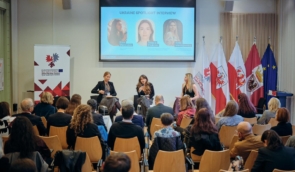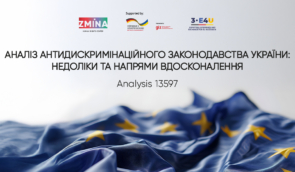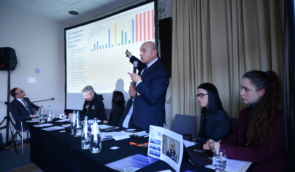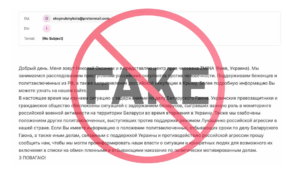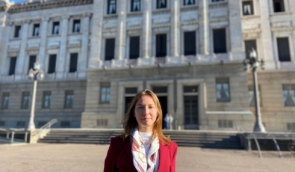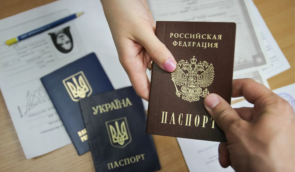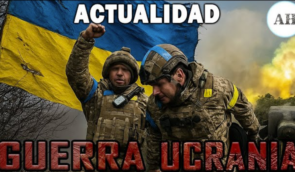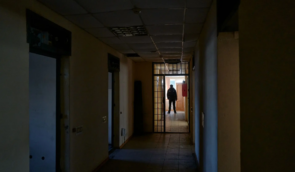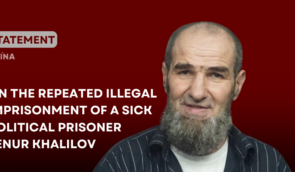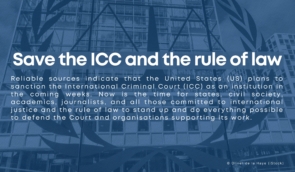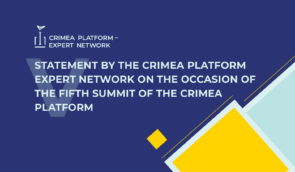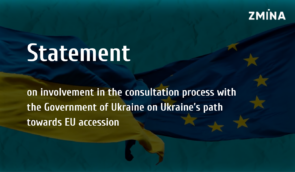66,000 Ukrainians are considered missing — human rights defender
The Parliamentary Assembly of the Council of Europe (PACE) adopted the resolution titled “Missing persons, prisoners of war, and civilian prisoners as a result of the aggression of the Russian Federation against Ukraine.” According to the PACE resolution, nearly 66,000 Ukrainians—both prisoners of war and civilians—are considered missing as of September.
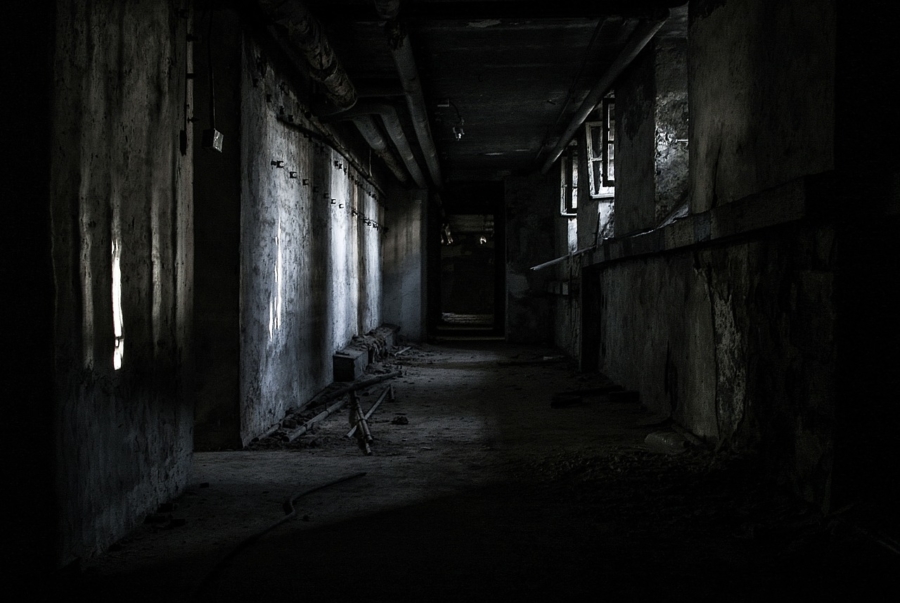
Tetyana Pechonchyk, head of the board of the ZMINA Center for Human Rights, discussed this on Hromadske Radio.
The resolution references President Zelensky’s ten-step peace formula. Notably, the fourth point of this formula calls for the release of all prisoners and Ukrainians deported to Russia. The resolution also highlights the catastrophic scale of the situation regarding those imprisoned by the Kremlin. As of September, we have registered almost 66,000 individuals, including both prisoners of war and civilians, who are missing
Of the 66,000 reported missing, 50,000 have been verified. However, Pechonchyk notes that the total number of missing persons may be even higher. Since the start of the full-scale war, a total of 3,672 individuals have been returned from Russian captivity, with the vast majority being military personnel. Only 168 of those released are civilians.
Among the verified figures, 50,000 are directly confirmed. Unfortunately, the total number could be even higher. As mentioned in the resolution, only 3,672 people have been returned from Russian captivity since February 24, 2022. Out of that number, only 168 are civilians, meaning the majority are prisoners of war
She emphasized that many Ukrainian civilians illegally imprisoned by Russia are often held incommunicado, with the terrorist state not confirming their detention. The PACE resolution aims to highlight the plight of these civilians by mentioning the low number of released individuals.
The resolution further emphasizes the catastrophic situation of civilians imprisoned by the Russian Federation. Very often, these individuals are incommunicado, meaning the Russian Federation does not acknowledge their detention in any form
The PACE resolution calls for an “all-for-all” exchange of prisoners. However, Pechonchyk warns that such an expectation may be unrealistic, as Russia tends to ignore appeals and diplomatic recommendations. Instead, she argues that the Russian Federation only responds to the “language of force.” Despite this, Pechonchyk stresses the importance of diplomacy and international law in addressing the situation and insists that calls for “all-for-all” exchanges should continue to be voiced on international platforms.
Unfortunately, the Russian Federation disregards appeals, declarations, and recommendations. It understands only the language of power. However, it is crucial to remember that alongside the language of force, there is diplomacy and international law. All these mechanisms must be utilized. Importantly, this PACE resolution includes a call for “all-for-all” exchanges, and it is vital that such calls continue to resonate on international platforms
Source: Hromadske Radio
If you have found a spelling error, please, notify us by selecting that text and pressing Ctrl+Enter.

